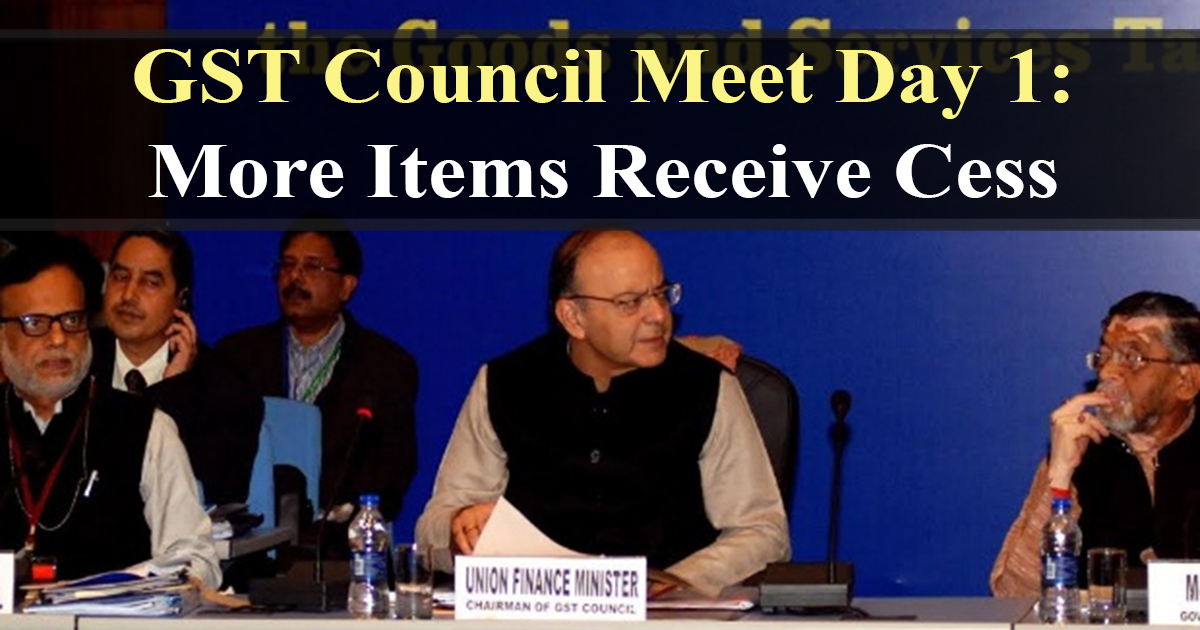The Goods and Service Tax has been in the box of discussion for a long time and in this direction, the eighth GST meeting has been started for conducting a round of think patterns supporting any solution to the matter.
The dual control issue was still not in the mainstream in spite of having a significant role in giving a push to the tax regime through the implementation gateway. Manish Sisodia, deputy chief minister of Delhi said that “Dual control was not discussed, a lot of provisions of IGST were discussed. There is near consensus on IGST provisions, but the major issue of cross-empowerment will be discussed tomorrow (Wednesday).”
Kerala Finance Minister Thomas Isaac said that ministries including commerce, telecommunications, banking and insurance were seen giving a presentation on the special exemptions and a single registration platform for the industrial smoothness.
Recommended: Gen GST Registration Utility: Easy Way for GST Migration & Registration
A new topic for the coastal areas which will be seen under this regime was discussed in this formal meeting. West Bengal Finance Minister Amit Mitra explained that “Right now Gujarat, Karnataka, Kerala, Odisha, Maharashtra, West Bengal and many states are charging VAT or sales tax within 12 nautical miles (offshore). For example, when a ship is loaded with oil or products, the tax on that is charged by the states… Some states earn Rs 600 crore and Gujarat has Rs 1,200 crore of taxes coming from this source.”
“All coastal states, irrespective of parties, said we must have 12 nautical miles within the state jurisdiction, whereas the draft IGST law was looking at having taxation rights with the Centre,” he added.
Coming to the dual control issue again, the cross empowerment will be the center of attraction for all the states and union government on the second day of the meeting. Tamil Nadu Education Minister K Pandiarajan mentioned some easy words on this, “The only issue that GST is hanging on is the cross-empowerment – as to who will collect from which section of assessees.”
The Kerala finance minister said the income misfortune acquired by states would be higher than the foreseen Rs 55,000 crore. The other obstacle in the usage of GST is the request by a few expresses that the remuneration to states be returned after the demonetization of high-esteem cash notes, as the states fear a 30-40 percent hit in taxation incomes.
The GST Council had before chosen to force a cess on extravagance things like top of the line autos and demerit products, far beyond the most elevated duty of 28 percent, to finance the Rs 55,000 crore expected to pay the states to compensate for their assessment gathering shortage. This recipe, however, was affirmed before the administration’s demonetization work out.
